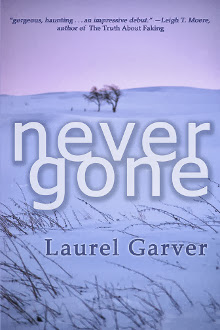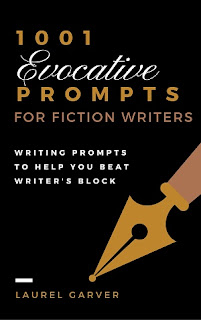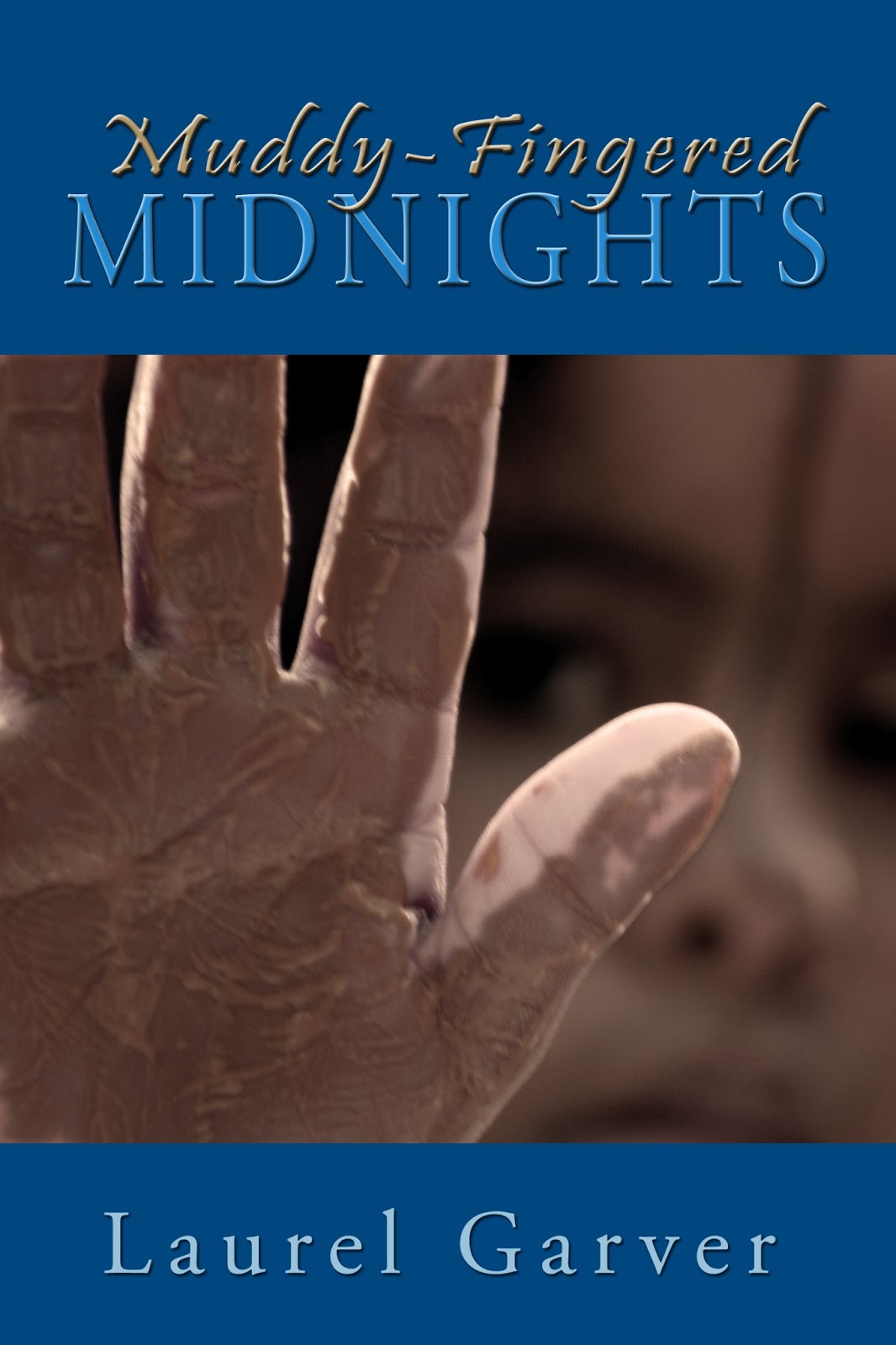Why yes, this is an old post I'm reincarnating. You see, it's my birthday tomorrow, and I'm treating myself to a little slothfulness this weekend. But don't worry. While I'm growing moss on my fur, you get useful pointers about an issue that repeatedly comes up in my critique group--how to maintain verb tense, and perhaps more importantly, what benefits each tense offers. Win-win, right?
Oh, and if you have any grammar or punctuation question that drives you batty, drop me a note in the comments and I'll cover it in a future post.
Dear Editor-on-Call:
Any advice on staying in one tense while writing? I struggle with slipping between present and past tenses (first person). Is this issue something that improves with experience?
Tense about tense
Dear Tense,
Using a consistent verb tense does become easier with practice, but there are some simple things you can do now to help yourself.
Verb tense is a reflection of the when of your narrator sharing his/her story. You might find it useful to create some visuals to take you there (or "then") whenever you sit down to write.
Past tense narrationFor most writers, past tense flows most naturally because it is the usual mode for discussing events. Every day, we tell others about the events of our lives after the fact. For example, you might arrive at the office and tell a co-worker, "You wouldn't believe what this bozo on the bus just did!" Or you might write in a journal, "In fifth period, a student got up during the exam and puked in my trash can."
Aside from the naturalness benefit, past tense narration give your characters psychological distance from the events and the lovely gift of hindsight. From a looking-back vantage point, your character can clue the reader in about which events are pivotal and can express attitudes about how well or badly s/he behaved in story events. Many of the typical tension-building phrases like "little did I know, my life was about to change forever" express hindsight and require past tense narration as well.
To create a visual, it's helpful to decide how long after the story events this storytelling is occurring. A week later? Six months? Three years? Go search for photos that represent the older, narrator version of the character, and the younger, active protagonist version of the character. Combine the two images. Show the narrator thinking about her past self with the words, "years ago, I..." or "last year, I..." or however you can best express the passage of time between the story actions and the storytelling. This visual can also help you develop voice.
Here's an example (please pardon my lame Photoshop skillz):

If you can't find photos and don't feel confident drawing, it may be enough to post a note on your computer screen: "Yesterday, I ...". This should remind you to have a think-back approach to your story.
You might also find it helpful to keep a short list of common verbs attached to your screen: was, had, saw, felt, thought, went, ran, talked, said, told.
Present tense narration
Present tense is more difficult to maintain, because it is not how we naturally tell stories. Seriously, do you go about your daily routine with a running commentary in your head describing what you're doing? Probably not.
So why write in present? Some writers say they like the immediacy. I don't feel that's reason enough, because this tense is so psychologically weird when you really think about it. What you do gain from present tense is lack of hindsight. You remove a character's ability to have any perspective on what's happening. He or she has to deal with story events as they come.
When might you want to remove hindsight and perspective? When you're presenting an unreliable narrator and/or when your story situation is most plausible and compelling if the character has no idea what the outcome will be.
Your visual reminders can be far simpler. Stick a note to your computer monitor that says, "Right now, I ..." You may also find it helpful to post a list of common verbs in present tense: am, is, talk, say, tell, go, feel, think, see, run.
Flashback caveatKeep in mind that when you deal with flashback material--events occurring prior to the main story time frame--you should change tenses.
If your main story time frame is narrated in present tense, you would switch to past tense for flashbacks.
Example: As I sit in the windowsill and watch traffic flowing below, I remember [here's your time shift marker--everything after "I remember" is in past] the day ambulances swarmed on Columbus when some dude threatened to jump off the roof of April's building. She gave me a blow-by-blow of the whole freaky event as it went on above her.
If the main story is narrated in past tense, flashbacks should be in past perfect tense.
Example: As I sat in the windowsill and watched traffic flowing below, I remembered the day ambulances had swarmed on Columbus when some dude had threatened to jump off the roof of April's building. She'd given me a blow-by-blow of the whole freaky event as it had gone on above her.
Sorry I can't offer a foolproof method to ensure you never switch tenses. This is a discipline that takes time to develop.
If anyone has helpful tech tools to assist with verb tense issues, I'd love to hear about them!
What helps you maintain your story's verb tense? Which tense comes more naturally to you? Why do you think so?
Oh, and if you have any grammar or punctuation question that drives you batty, drop me a note in the comments and I'll cover it in a future post.
Dear Editor-on-Call:
Any advice on staying in one tense while writing? I struggle with slipping between present and past tenses (first person). Is this issue something that improves with experience?
Tense about tense
Dear Tense,
Using a consistent verb tense does become easier with practice, but there are some simple things you can do now to help yourself.
Verb tense is a reflection of the when of your narrator sharing his/her story. You might find it useful to create some visuals to take you there (or "then") whenever you sit down to write.
Past tense narrationFor most writers, past tense flows most naturally because it is the usual mode for discussing events. Every day, we tell others about the events of our lives after the fact. For example, you might arrive at the office and tell a co-worker, "You wouldn't believe what this bozo on the bus just did!" Or you might write in a journal, "In fifth period, a student got up during the exam and puked in my trash can."
Aside from the naturalness benefit, past tense narration give your characters psychological distance from the events and the lovely gift of hindsight. From a looking-back vantage point, your character can clue the reader in about which events are pivotal and can express attitudes about how well or badly s/he behaved in story events. Many of the typical tension-building phrases like "little did I know, my life was about to change forever" express hindsight and require past tense narration as well.
To create a visual, it's helpful to decide how long after the story events this storytelling is occurring. A week later? Six months? Three years? Go search for photos that represent the older, narrator version of the character, and the younger, active protagonist version of the character. Combine the two images. Show the narrator thinking about her past self with the words, "years ago, I..." or "last year, I..." or however you can best express the passage of time between the story actions and the storytelling. This visual can also help you develop voice.
Here's an example (please pardon my lame Photoshop skillz):

If you can't find photos and don't feel confident drawing, it may be enough to post a note on your computer screen: "Yesterday, I ...". This should remind you to have a think-back approach to your story.
You might also find it helpful to keep a short list of common verbs attached to your screen: was, had, saw, felt, thought, went, ran, talked, said, told.
Present tense narration
Present tense is more difficult to maintain, because it is not how we naturally tell stories. Seriously, do you go about your daily routine with a running commentary in your head describing what you're doing? Probably not.
So why write in present? Some writers say they like the immediacy. I don't feel that's reason enough, because this tense is so psychologically weird when you really think about it. What you do gain from present tense is lack of hindsight. You remove a character's ability to have any perspective on what's happening. He or she has to deal with story events as they come.
When might you want to remove hindsight and perspective? When you're presenting an unreliable narrator and/or when your story situation is most plausible and compelling if the character has no idea what the outcome will be.
Your visual reminders can be far simpler. Stick a note to your computer monitor that says, "Right now, I ..." You may also find it helpful to post a list of common verbs in present tense: am, is, talk, say, tell, go, feel, think, see, run.
Flashback caveatKeep in mind that when you deal with flashback material--events occurring prior to the main story time frame--you should change tenses.
If your main story time frame is narrated in present tense, you would switch to past tense for flashbacks.
Example: As I sit in the windowsill and watch traffic flowing below, I remember [here's your time shift marker--everything after "I remember" is in past] the day ambulances swarmed on Columbus when some dude threatened to jump off the roof of April's building. She gave me a blow-by-blow of the whole freaky event as it went on above her.
If the main story is narrated in past tense, flashbacks should be in past perfect tense.
Example: As I sat in the windowsill and watched traffic flowing below, I remembered the day ambulances had swarmed on Columbus when some dude had threatened to jump off the roof of April's building. She'd given me a blow-by-blow of the whole freaky event as it had gone on above her.
Sorry I can't offer a foolproof method to ensure you never switch tenses. This is a discipline that takes time to develop.
If anyone has helpful tech tools to assist with verb tense issues, I'd love to hear about them!
What helps you maintain your story's verb tense? Which tense comes more naturally to you? Why do you think so?























